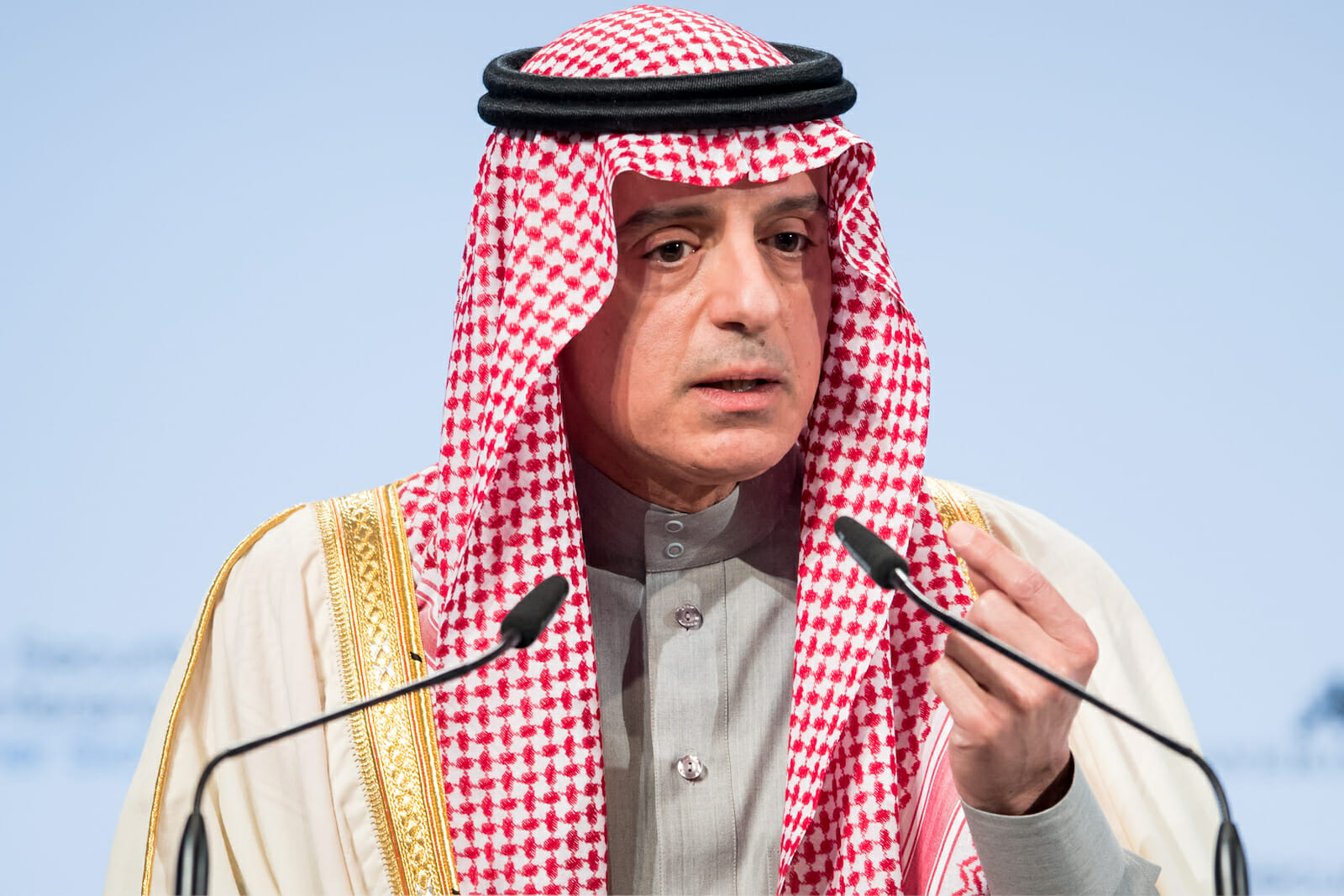
OIC: Reform or Sectarian Opposition?
The constant bickering among Islamic states would make it seem as though there is no unity within the Muslim world. By allowing domestic political and religious interests to supersede over collaboration, intra-Muslim cooperation has proven to be more difficult to attain. In 1969, the Organization of Islamic Cooperation (OIC) was founded on the principle of defending and promoting Islamic solidarity on the basis of Islam. Even though the OIC members have ratified the Ten Year Programme, they still continue to promote their national interests above everything else. As a result, Islamic oneness is a facade, demonstrating the need for OIC reform. We believe that the OIC can return to prominence by becoming an organization that works to deepen economic cooperation among its member states.
Historically, the OIC has focused on defending Islam under the pretext of Islamic oneness as opposed to addressing the actual issues of member states such as economic inequality, stagnation, and underdevelopment. The OIC has failed in many areas: like fostering intra-Muslim cooperation in conflict resolution, economic development and combating religious fundamentalism. Although the OIC has created multiple financial institutions such as the Islamic Development Bank (IDB) and COMCEC, “obstructions such as bureaucratic delays, lack of firm commitment and often insufficient capital,” are still present.
When some states refuse to pay their annual membership dues in a timely fashion, it is an indication that there are doubts about the value of the organization as a whole. We argue that economic cooperation can help to improve intra-Muslim cooperation by reaping significant benefits for all involved. Such benefits include long-term sustainability of growth and overcoming cultural and political barriers. As a result, this would equalize and promote regional trade, capital investment, and development among the member states due to the substantial reduction of inequality among the OIC countries.
The EU’s method of economic cooperation to overcome historical and cultural animosities should be emulated. It has been able to promote international trade among its 15 member states through standardizing its products, creating a set of rules for capital mobility and implementing effective domestic policies. Similarly, the OIC can focus on increasing trade and create a trading system in conjunction with Islamic values and Sharia law.
The good news is that the OIC is already moving in this direction. While it has established numerous administrative organs in order to translate policy into directives and guidelines, securing domestic ratification has been a challenge. This has been observed with regards to the Trade Preferential System (TPS-OIC), which is based on three agreements: the Framework Agreement, the Protocol on Preferential Tariff Scheme (PRETAS) and the Rules of Origin. Ten states need to meet two conditions, the ratification of the aforementioned agreements and submission of a list of concessions to the Trade Negotiating Committee (TNC) in order to make the TPS-OIC operational. However, to date, only nine states have met this condition. This demonstrates the OIC’s weakness in enforcement and timely implementation. Even though agreements are agreed upon in initial negotiations, they fail to be ratified domestically by member states, a step necessary for application.
Ideally, the OIC in conjunction with the IDB should employ the concept of conditionality to further sweeten the deal. This would include creating conditions whereby countries that have already ratified the agreement receive loans or additional funding for economic and infrastructural development.
However, historically, the Shia countries have been disadvantaged because of the IDB’s major shareholder, Saudi Arabia. In fact, it has been able to use its economic influence to generate favorable treatment for Sunni majority populated countries. It is no wonder that Islamic societies are not developmentally homogeneous because the influence of the power politics of the Sunni-Shia divide on aid allocation decisions has not been adequately addressed. In lieu of this, the OIC should exert pressure by giving an extension of the TPS-OIC deadline to allow more member states to voluntarily ratify the agreement. If still unsuccessful, the OIC must then work jointly with states that have already met the necessary conditions to put further pressure on those that have not.
Although the OIC has made numerous attempts to unify its member states, it is still failing to promote intra-Muslim cooperation. Because of this, there are challenges to its effectiveness as a modern international institution. Nonetheless, reforming the OIC through economic cooperation will promote legitimacy and foster harmonization among the different Islamic states. Further efforts must be made to mend bridges and transform the OIC into an important diplomatic platform. If not, this unique organization risks being labeled as a failure, out of touch with the economic and political environment of the Muslim world.

